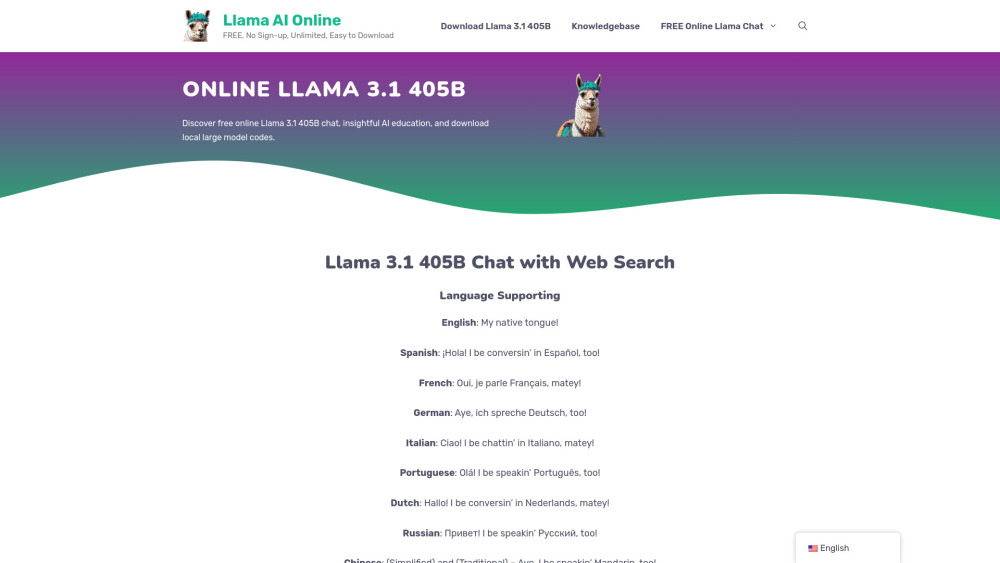IBM and Microsoft Endorse Vatican’s Ethical AI Guidelines for Responsible Technology Use
Most people like

In today's competitive landscape, leveraging AI technology is essential for businesses looking to elevate their customer interactions. By integrating AI solutions, companies can streamline communications, personalize experiences, and ultimately boost customer satisfaction. Discover how implementing AI-driven strategies can transform your customer engagement approach and foster lasting relationships.

Easily search and discover Discord channels by indexing them on Google. This streamlined process enhances your ability to find the specific communities and conversations you're interested in.

Introducing a groundbreaking open-source AI model featuring an impressive 405 billion parameters. This advanced model is designed to push the boundaries of machine learning and artificial intelligence, offering researchers and developers unparalleled capabilities for their projects. Whether you're working on natural language processing, computer vision, or innovative AI solutions, this powerful resource is set to transform your approach and unlock new opportunities. Explore the future of AI with this state-of-the-art tool that enhances creativity and efficiency in myriad applications.
Find AI tools in YBX
Related Articles
Refresh Articles

